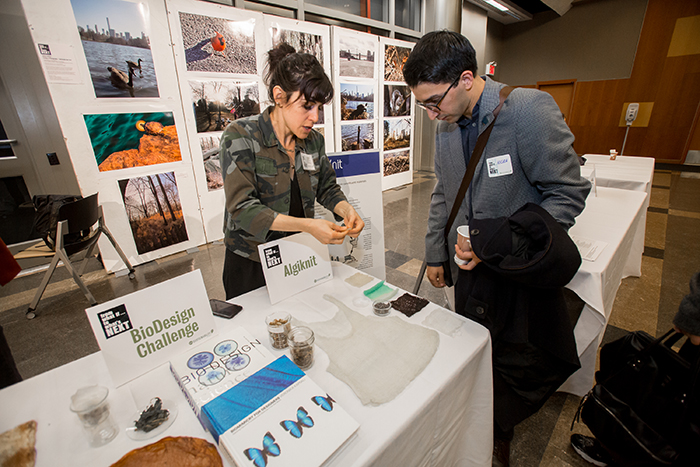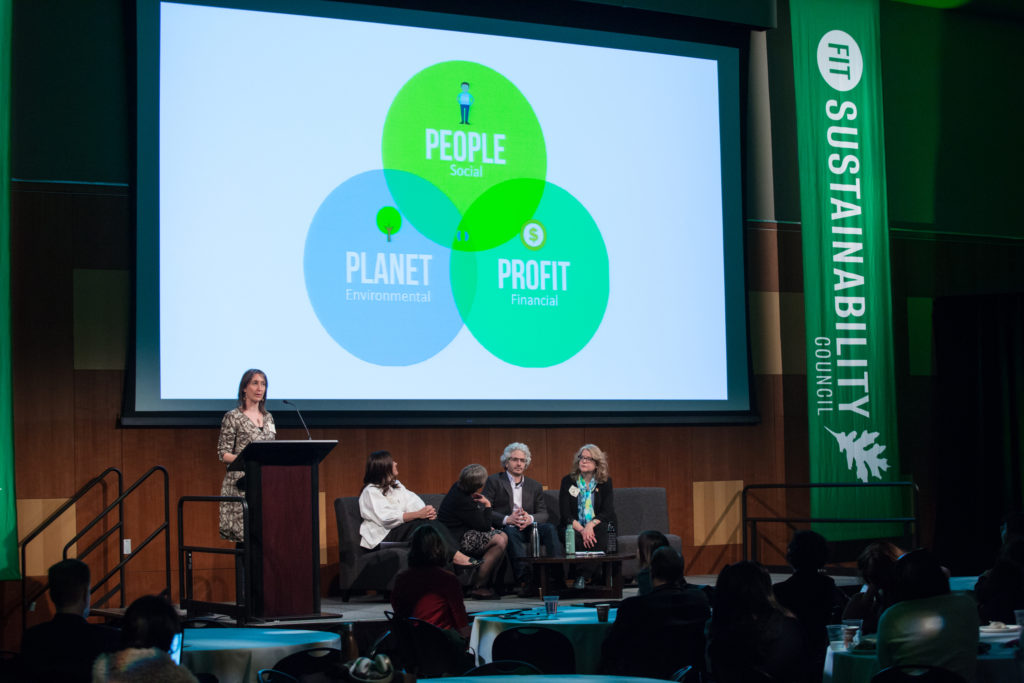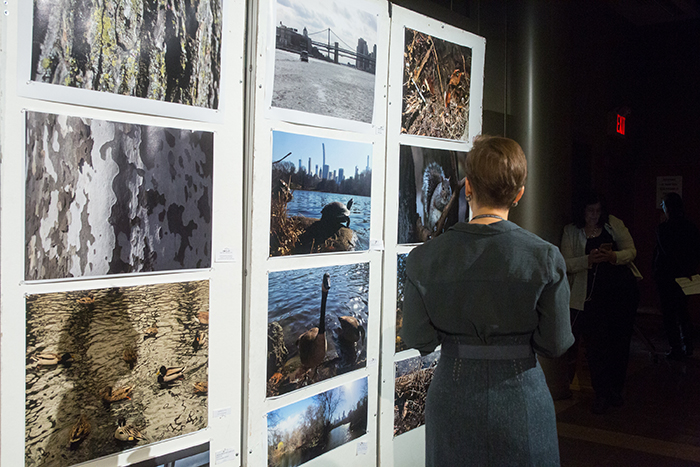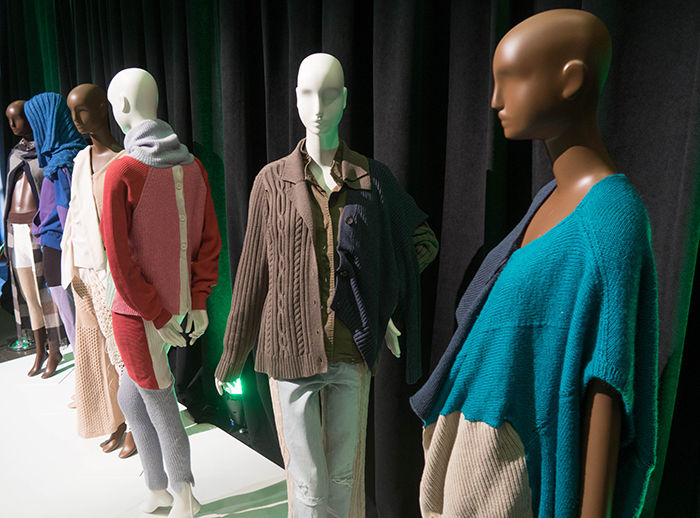More

Purpose/Impact
FIT has held the Sustainable Business and Design Conference since 2007, overseen by the president’s Sustainability Council, to teach the college community and industry the latest advances and best practices. In 2019, the conference leaped forward, bringing in an even higher-caliber roster of presenters, including Paul Dillinger, head of global product innovation at Levi’s; Nadja Swarovski, the first female member of the executive board at Swarovski; and model, activist, and social entrepreneur Amber Valletta. These and other speakers gave the conference–and FIT’s strategic goal of innovating in the sustainability field–national media attention.
Outcomes/Accomplishments
Again and again, conference presenters stressed that our chance to mitigate the effects of global warming and environmental destruction is running out. Anastasia Khoo, chief marketing officer of Conservation International, said that current estimates give humans 10 to 12 years to reduce carbon in the atmosphere before global warming reaches a point of no return. She spoke with Francisco Costa, Fashion Design ’90, former creative director of Calvin Klein Collection, about how they work together to sustainably derive unique ingredients from the Amazon rainforest to produce his new beauty brand, Costa Brazil. Selling these ingredients provides income for some of the 200 indigenous tribes in the Amazon, and Conservation International is planting 73 million native trees at the headwaters of the Amazon River to speed reforestation.
Michael Beutler, director of sustainability operations at the luxury conglomerate Kering, described the company’s pioneering Environmental Profit and Loss methodology, which puts an economic value on the impact of creating products from leather, wool, gold, and other natural materials. “We’re backing up our business with real analytics and data to make sure we’re taking care of the environment,” he said.
In one of two lectures supported by a grant from the National Endowment for the Arts, Dr. Christina Agapakis, a biologist, writer, and artist, discussed how genetically modified microbes can help grow crops without fertilizer, dye garments without toxicity, and produce animal proteins from yeast. She acknowledged that GMOs, especially when present in food, are a contentious topic, but believes that transparency in labeling and open conversation could help change minds.
Paul Dillinger, the dynamic vice president and head of global design innovation for Levi Strauss & Co.—one of the biggest names in sustainability today—capped off the conference by sharing some of the company’s experiments in reducing the massive environmental impact of denim production. For example, they are creating a soft, cottony fabric from eco-friendly hemp, sourcing a partially recycled natural fiber called Refibra, and creating clothes entirely from one fiber, buttons and all, to make them easily recyclable. Levi’s is also teaming up with Stacy Flynn, Textile Development and Marketing ’98, to make jeans from Evrnu, a new fiber created from discarded clothing. “There’s no one single solution,” Dillinger said. “Right now there’s just got to be a lot of trials.”







